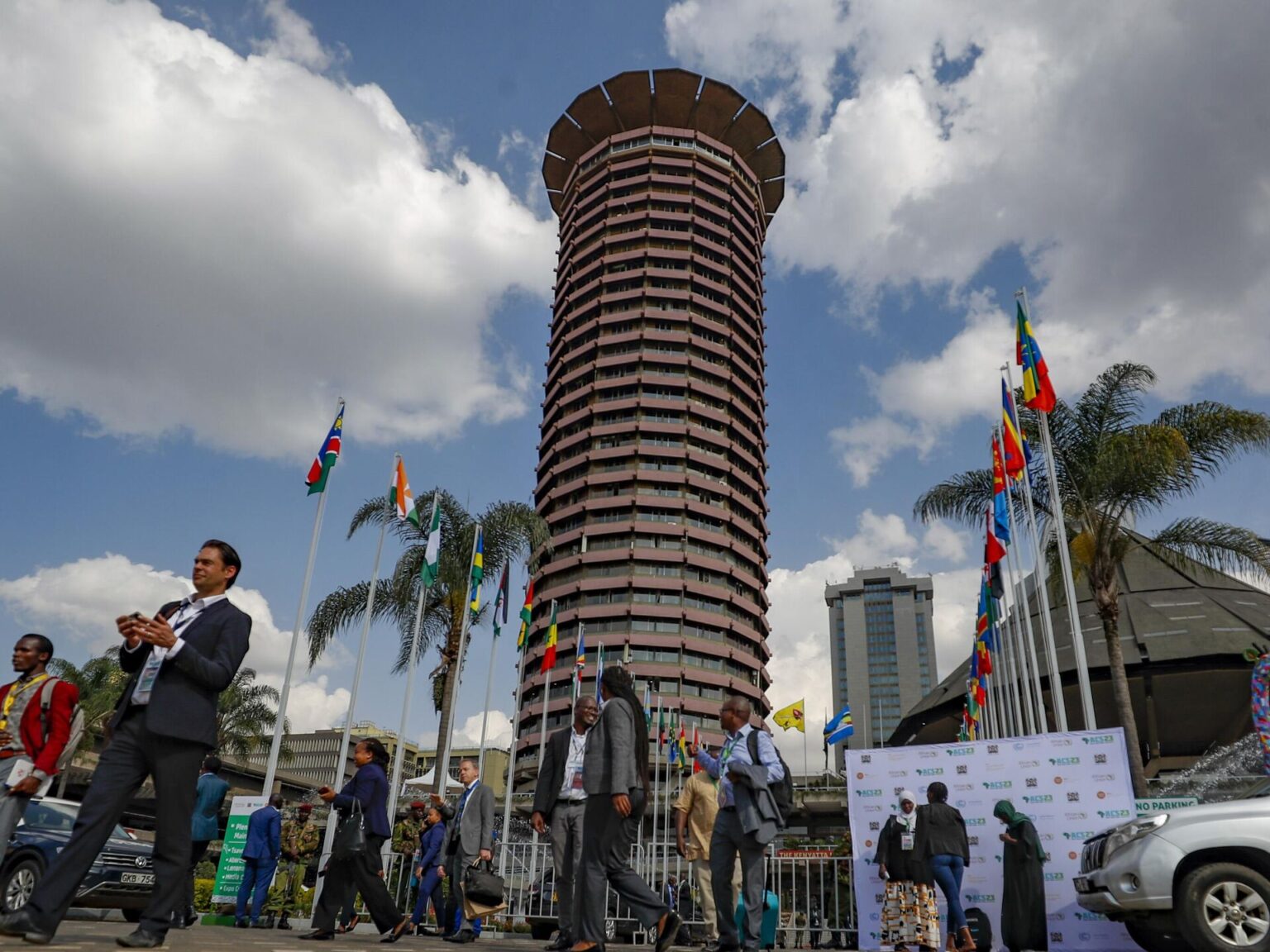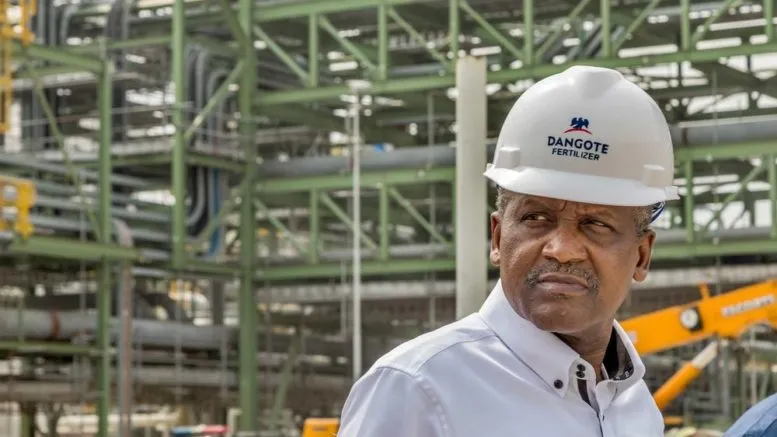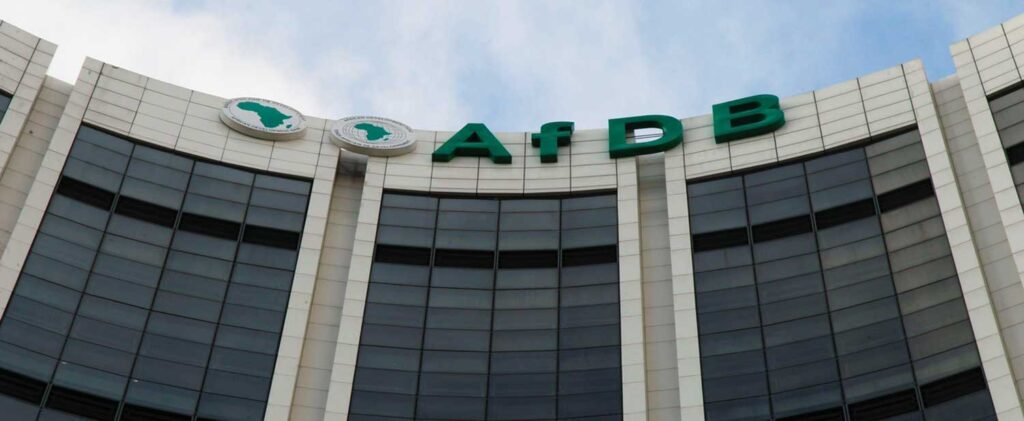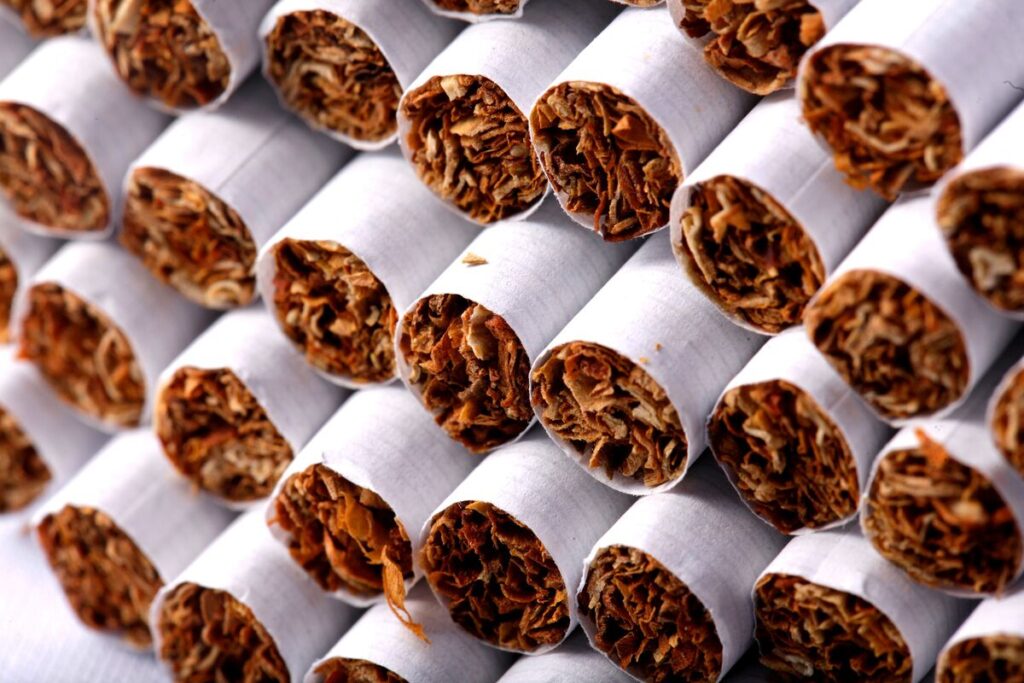- Africa’s Green Economy Summit 2026 readies pipeline of investment-ready green ventures
- East Africa banks on youth-led innovation to transform food systems sector
- The Washington Accords and Rwanda DRC Peace Deal
- Binance Junior, a crypto savings account targeting children and teens debuts in Africa
- African Union Agenda 2063 and the Conflicts Threatening “The Africa We Want”
- New HIV prevention drug is out — can ravaged African nations afford to miss it?
- From banking to supply chains, here’s how blockchain is powering lives across Africa
- Modern railways system sparks fresh drive in Tanzania’s economic ambitions
Author: Joakim Oduor
Consumer spending in countries like Kenya is projected to increase as inflation slows gradually, but overall spending will be cautious and value-driven. Entry-level consumers, who spend between $2 and $4 daily, are expected to drive demand, while preferences in the upper segment will evolve to include more refined tastes focused on luxury and convenience. The report states that consumers will be more price-conscious, deviating from general global norms, particularly in Africa.. The aftermath of the COVID-19 pandemic, astronomically high commodity prices, global monetary tightening, and food protectionism shaped the consumer landscape in 2023. These realities resulted in a consumer landscape…
The United Nations Conference on Trade and Development (UNCTAD) has stated that inadequate infrastructure investment in African countries hinders the continent from securing a more advantageous position as a global supply chain destination.
The organization highlights, among other points, in its annual 2023 Africa economic development report, the need to prioritize certain aspects to strengthen Africa’s role in the supply chain, recognizing its potential to become a key player in the global supply market.
The economic benefits of green innovation primarily manifest through increased investment in the initial years. Research indicates that doubling green patent filings can elevate the gross domestic product by 1.7 percent after five years. The IMF advises against the use of government policies that restrict international trade to support domestic industries, cautioning against the act of protectionism. The IMF states that the momentum of low-carbon innovation has now slowed, as promising technologies are not spreading rapidly enough to lower-income countries including in Africa where they can be particularly helpful. This is in spite of the progress made in the recent…
With the cost of living ranking done in terms of countries’ major cities, Kenya’s Nairobi has been ranked position 141 out of 173 cities surveyed globally. For the ninth time in the previous eleven years, Singapore continued to hold the top spot in the rankings as the most expensive city in the world. Kenya’s inflation for the month of December slightly eased to 6.6 percent, down from 6.8 percent in November. Kenya’s ranking in the cost of living improved in 2023, a result of the country’s decreased cost of living in the 12 months leading up to September, as indicated…
The raid conducted by Nigeria’s anti-graft commission on Dangote’s office on January 4 is sending chills across the boardrooms of businesses in the country. Manufacturers in Nigeria express concern that if such an event can happen to Dangote, Africa’s richest man, then it could happen to any one of them. The raid is believed to be part of an extensive probe into Dangote, a former Central Bank governor, and the foreign exchange transactions that he oversaw. A raid conducted by anti-graft agents on the offices of Aliko Dangote on January 4 is sending chills across the boardrooms of businesses and…
The World Bank reports that, as of 2022, low- and middle-income nations paid a record US$443.5 billion of their external public and publicly insured debt. Over the past decade, the increasing debt stock of these countries has outpaced economic growth, raising concerns about these economies’ ability to service their external obligations. The lender anticipates that over the course of 2023–2024, the cost of servicing rising debt will increase by roughly 10% for all developing nations and by 40% for low-income ones. The World Bank has issued a warning that developing nations’ rising debt obligations are placing a strain on their…
This year, ILO report notes that an additional two million workers are expected to be seeking jobs in Africa and across the globe. Last year, the global unemployment rate stood at 5.1 percent, reflecting a modest improvement from 2022 when it was at 5.3 percent, accounting for roughly 191 million people. Additionally, the global jobs gap and labour market participation rates showed improvement in 2023. However, a new report highlights that beneath these numbers, fragility is starting to emerge. An additional two million people are projected to be seeking work this year, potentially raising the average unemployment rate in Africa…
The IMF’s support fund refers to the designated Special Drawing Right (SDR), which serves as an international reserve asset to supplement the official reserves of its member nations. It represents a potential claim on the members’ freely usable currencies, primarily intended to provide liquidity to a nation in the event of an economic crisis. As of September, Kenya’s SDR quota at the IMF stood at US$542.8 million, equivalent to KSh91.8 billion. Leaders from developing countries continue to pursue the implementation of the proposed re-channeling of the IMF’s support fund through development banks, aiming for affordability and increased impact scale. This…
Kenya’s tobacco tariffs, as a percentage of the retail price, are 46.12 per cent, 29 per cent less than the global average. Experts have also questioned Kenya’s decision to exclude tobacco products from the tax revisions in the Finance Act 2023. Lobby insists that taxation on tobacco and nicotine products should continue annually, with the inflation factor strictly embedded in the policy adjustments. Kenya’s National Taxpayers Association asserts that the country’s current tobacco taxes fall significantly below the World Health Organization’s recommended baseline, which advocates for taxes to be at least 75 per cent of the product’s retail price. This…











